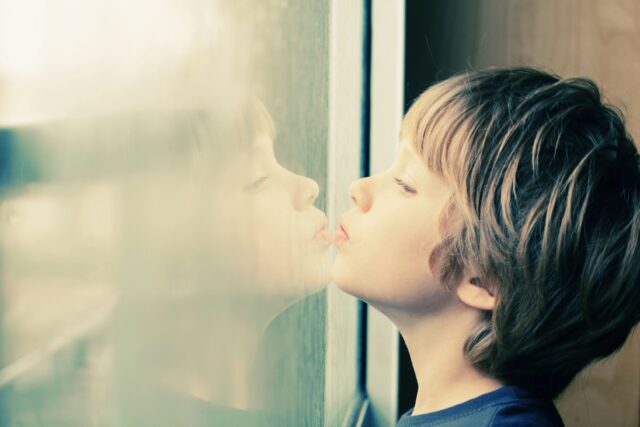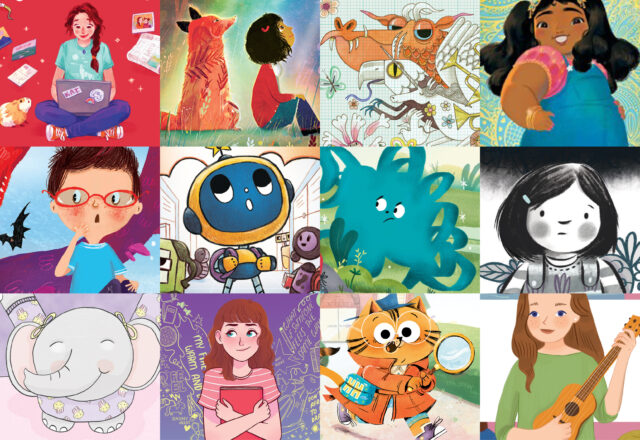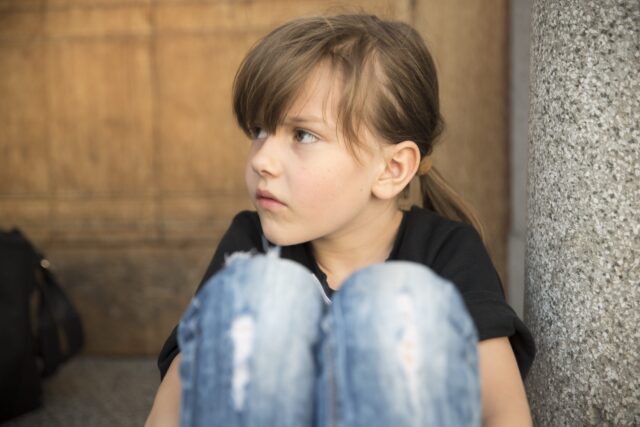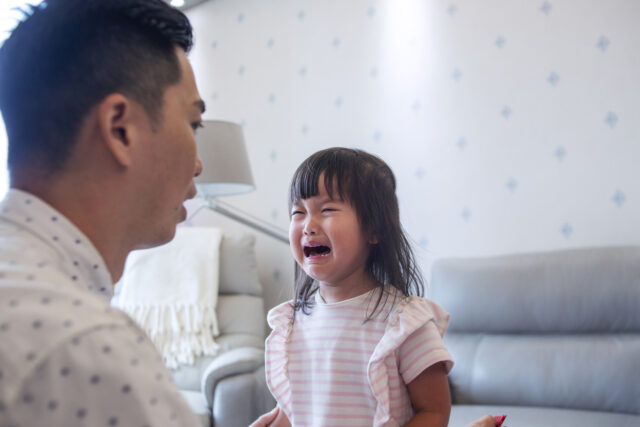Do Kids With Tourette's Usually Have Other Disorders Too?
Dr. Barbara Coffey on comorbidity of OCD and ADHD
Clinical Expert: Barbara Coffey, MD
en EspañolTourette’s syndrome is often diagnosed alongside other “co-morbid” disorders, most often obsessive-compulsive disorder and ADHD. Barbara Coffey, MD, the chairman of the Department of Psychiatry and Behavioral Sciences at the University of Miami Miller School of Medicine, talks about how treating these other disorders effectively can sometimes have a profound effect on the symptoms of Tourette’s and a child’s future.
You can also watch her talk about specific treatments for Tourette’s and ADHD here, and her approach to OCD and Tourette’s here.
Was this article helpful?
Related Reading
-
 Learn About Tourette’s Syndrome
Understanding Tourette’s Do Kids With Tourette’s Usually Have Other Disorders Too? Tourette’s Syndrome and the…
Learn About Tourette’s Syndrome
Understanding Tourette’s Do Kids With Tourette’s Usually Have Other Disorders Too? Tourette’s Syndrome and the…
-
 What Are the Most Effective Treatments for Tourette’s?
Habit reversal therapy is now an option, along with traditional medication treatments.
What Are the Most Effective Treatments for Tourette’s?
Habit reversal therapy is now an option, along with traditional medication treatments.
-
 Treating Kids With OCD and Tourette’s
Dr. Barbara Coffey on how reducing anxiety can address tics
Treating Kids With OCD and Tourette’s
Dr. Barbara Coffey on how reducing anxiety can address tics
-
 Complete Guide to Substance Use + Mental Health
When children are struggling with both a substance use disorder and a mental health disorder,…
Complete Guide to Substance Use + Mental Health
When children are struggling with both a substance use disorder and a mental health disorder,…
-
 Complete Guide to Getting Good Care
When a child is struggling, or their behavior worries you, it can be hard to…
Complete Guide to Getting Good Care
When a child is struggling, or their behavior worries you, it can be hard to…
-
 77 Children’s Books About Mental Health
Best books for helping kids understand emotional and learning challenges
77 Children’s Books About Mental Health
Best books for helping kids understand emotional and learning challenges
-
 My daughter has facial and hand tics, but not Tourette’s. What causes this?
We don't know what causes most motor tic disorders
My daughter has facial and hand tics, but not Tourette’s. What causes this?
We don't know what causes most motor tic disorders
-
 Quick Guide to Tourette’s Disorder
Tourette’s disorder is a neurological disorder that causes children to make movements and sounds they…
Quick Guide to Tourette’s Disorder
Tourette’s disorder is a neurological disorder that causes children to make movements and sounds they…
-
 What Are Tics and Tourette’s?
And what to do (and not do) if your child develops a tic
What Are Tics and Tourette’s?
And what to do (and not do) if your child develops a tic
-
 Complete Guide to Managing Behavior Problems
When children struggle with their behavior, it can have a negative impact on everyone in…
Complete Guide to Managing Behavior Problems
When children struggle with their behavior, it can have a negative impact on everyone in…
-
 What Are Adjustment Disorders?
When kids have big reactions to stressful events
What Are Adjustment Disorders?
When kids have big reactions to stressful events
